Selling a house can feel like a daunting task, but with the right approach, it becomes much more manageable. If you're wondering,"How do I sell my house?", you're in the right place. This guide breaks down the process into three simple stages, making it easier to understand and navigate. Knowing what to expect at each step will help you feel more confident and in control.
If you're ready to sell your home, let’s go through the complete step-by-step process to help you maximize your sale price and minimize any headaches. Let's begin with the detailed guide to selling your home.
.png) STAGE 1: Get Your House Ready to Sell
STAGE 1: Get Your House Ready to Sell
Before listing your home for sale, it’s important to prepare it properly. Every home requires a different approach, but the goal remains the same. You want your house to look like a beautifully staged model home that feels inviting yet unoccupied.
To make this process easier, focus on three key steps: Repair any issues, consider valuable upgrades, and make everything sparkle. The following tips will help you get your home market-ready.
FIX & REPAIR EVERYTHING
 Most home buyers want a house without any issues. Once your home is under contract, the buyer will expect everything to be in good condition. To be sure, they will likely hire a professional inspector to check for damages and needed repairs.
Most home buyers want a house without any issues. Once your home is under contract, the buyer will expect everything to be in good condition. To be sure, they will likely hire a professional inspector to check for damages and needed repairs.
When preparing to sell your home, start by identifying any repairs needed and addressing any known issues. Hiring a home inspector before listing can help catch potential problems early.
This is the best way to avoid unexpected surprises when you enter the contract phase of selling your home. Begin by searching online for home inspectors and scheduling an appointment. A home inspection typically costs between $300 and $500.
Your Realtor can review the inspection report with you and assist in identifying any issues that should be addressed before listing your property. Buyers often feel they are overpaying when a home has visible repair issues. To maximize your profit, tackle these problems before attracting potential buyers.
UPDATE & ADD UPGRADES
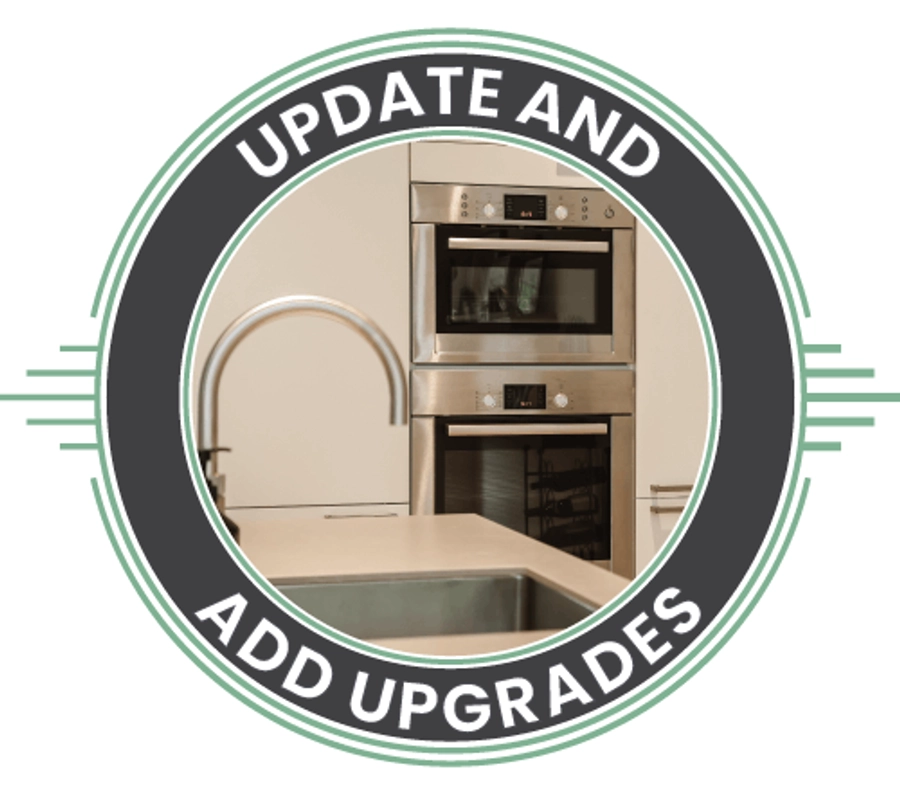
Next, determine if your home needs any updates to attract the best possible offer.
Explore comparable homes in your neighborhood, either online or with your Realtor. If recently sold or listed properties include granite countertops, solid wood floors, or other modern upgrades, adding these features to your home could be a wise investment.
Understanding your competition and presenting a more attractive home can help you maximize your sale price.
Buyers are often reluctant to pay a premium for a home with obvious repair issues. To achieve the highest return, it's advisable to address any necessary repairs before listing your home on the market.
If upgrades exceed your budget, you can estimate their costs and adjust your home's price accordingly. Slightly lowering the price can attract prospective buyers looking for a bargain who are willing to tackle the improvements themselves.
If nearby homes feature modern upgrades while yours do not, your property may stay on the market longer and receive lower offers than anticipated. At the very least, you’ll likely need a fresh coat of paint on the interior to facilitate a quicker sale.
Making upgrades before listing can be a wise investment. Consulting a Realtor can help you determine which improvements will add the most value to your property.
MAKE THE HOME LOOK NEW AGAIN
 Now that you have resolved repair issues and made necessary upgrades, it's time to refresh your home’s appearance. The goal is to eliminate all the “wear and tear" from your home.
Now that you have resolved repair issues and made necessary upgrades, it's time to refresh your home’s appearance. The goal is to eliminate all the “wear and tear" from your home.
This process usually involves touching up the paint, shampooing carpets, touching up baseboards, adding fresh mulch, trimming bushes, decluttering, and deep cleaning every room in the house completely.
Often, sellers find that they must repaint the home's interior and install new floors, as even everyday wear and tear can turn buyers off and cost them money. However, if the paint is relatively new, you can get away with just touching it up.
It's time to remove the personal touch from your home. Buyers emotionally attach themselves to homes where they can imagine their own lives. It's challenging for them to do that when they see pictures of the current homeowner's family scattered throughout the house or religious items everywhere. De-personalizing your home will help you maximize your profits when selling it.
Pack all personal photos in a box for your next home. Additionally, remove any visible personal items and pack them away. Keep your home as clean and neutral as possible so potential buyers can envision their furniture and belongings in the space.
If necessary for your market, hire a professional stager to help arrange your home for an impressive presentation to potential buyers. Staging is more typical for large, luxurious homes that take longer to sell or face more competition. Your Realtor will assist you in determining whether you need a home stager.
Remember curb appeal; it’s the first thing buyers notice when they see your home in person. Additionally, if your attic space is cluttered with junk, clear it out before listing your home. A tidy attic space indicates a well-maintained home.
Check out our Ultimate Home Sellers Checklist below. It offers a HUGE list of items to keep you on track when getting your home ready to go on the market.
 STAGE 2: Get Your Home Listed for Sale
STAGE 2: Get Your Home Listed for Sale
Once your home is ready to be listed, your to-do list shifts from hands-on work to managing calls and emails. This stage demands smart choices and comprehensive online research. Take your time and follow the three essential steps below to prepare yourself for success.
HIRE A REALTOR
 Start by hiring a skilled real estate agent. Avoid selecting someone just because they are a family member or neighbor. Instead, take the time to research and find an agent with a strong online reputation and excellent reviews. The wrong choice could end up costing you thousands of dollars.
Start by hiring a skilled real estate agent. Avoid selecting someone just because they are a family member or neighbor. Instead, take the time to research and find an agent with a strong online reputation and excellent reviews. The wrong choice could end up costing you thousands of dollars.
Realtors don't get paid unless the deal closes, which makes them skilled at spotting potential obstacles that could delay or derail the closing process.
Here’s a good list of questions to ask before hiring a Realtor.
- Do they hire professional photographers to take pictures and videos?
- Do they offer an online 3D Tour? Ask for examples.
- Do they use a professional Showing Service, or are they responsible for coordinating all of your showings?
- Do they use Secure Electronic Lockboxes or cheap combination lockboxes?
- How many homes do they sell each year, and how does that average compare for the area?
- Do they have online reviews and a strong online presence?
- Do they communicate in ways that you prefer? (email, text, social media, phone call, etc.)
- How much do they charge on their real estate commission?
- How much of their real estate commission are they offering the buyer’s agent, if any?
- Where are they advertising your listing?
- What digital marketing services do they offer that others do not?
These are just a few questions to consider. The competency of the real estate agent you hire will significantly impact your entire home-selling experience. I cannot emphasize enough the importance of doing your research and hiring the right person for the job.
Here's a great guide to help you find a good Realtor to get your home sold for the most amount of money.
PRICE IT RIGHT
 Next, take your time deciding on the right listing price for your home. Ask your Realtor for recent comparable sales and their professional advice on current market conditions and realistic selling prices. The goal is to price it competitively to sell quickly while maximizing your profit. Your selling price will dictate much of your success.
Next, take your time deciding on the right listing price for your home. Ask your Realtor for recent comparable sales and their professional advice on current market conditions and realistic selling prices. The goal is to price it competitively to sell quickly while maximizing your profit. Your selling price will dictate much of your success.
The longer your home remains on the market, the lower the final purchase price will likely be. Many sellers begin with a high asking price and then lower it after receiving little to no interest from potential buyers. The best opportunity to receive a strong offer is right when your home is first listed.
If your home stays on the market for several months, potential buyers may conclude that you’re anxious to sell, making them more prone to submit lower offers. The best offers usually arrive within the first week of listing. Correctly pricing your home from the outset will attract serious buyers who are prepared to move immediately.
Grasping market conditions and other possible competitive properties will assist you and your realtor in accurately pricing the home. Your asking price is crucial for attracting potential buyers to your property.
KEEP IT PRESENTABLE
 Finally, keep your home clean and ready for showings at all times. Over the years, I’ve shown countless homes to buyers and am often surprised by how many are messy or unprepared. Remember, homes often look different in person than they do online.
Finally, keep your home clean and ready for showings at all times. Over the years, I’ve shown countless homes to buyers and am often surprised by how many are messy or unprepared. Remember, homes often look different in person than they do online.
Above all, make sure your home is clean and smells fresh. This is essential! Before a showing, open the blinds and curtains in key areas to let in natural light and highlight the best views.
Turn on some lamps and overhead lights to avoid dim or shadowy areas. When buyers enter through the front door, they should be greeted by a bright, inviting, and cheerful atmosphere.
Check out our 20 Step Checklist to Prepare Your Home for Real Estate Photos below. It will help you have your home photo-ready when the photographer arrives.
 STEP 3: Get Your Home Sold
STEP 3: Get Your Home Sold
Once your home is on the market and available for buyers, the next objective is to get it sold. While being under contract may feel like the hard part is over, significant work still lies ahead.
Typically, it takes about 30 to 60 days to close a real estate transaction. This section will walk you through the remaining steps to ensure a smooth and successful closing.
EXECUTE A SALES CONTRACT
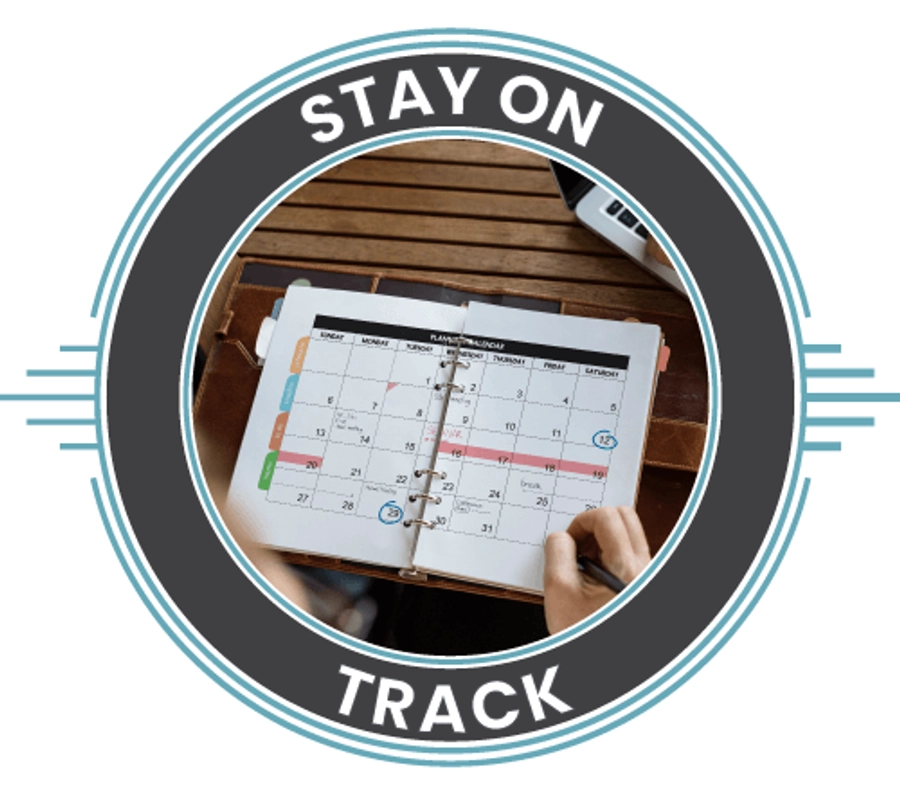 Once your house is listed and you've taken the necessary steps to sell it, offers from buyers will start coming in. It's important to be patient and wait for the right one. New home sellers might feel excited about their first offer, but concentrating solely on the price can create issues.
Once your house is listed and you've taken the necessary steps to sell it, offers from buyers will start coming in. It's important to be patient and wait for the right one. New home sellers might feel excited about their first offer, but concentrating solely on the price can create issues.
The down payment, loan type, and pre-approval letter are also critical components of an offer. Seasoned Realtors have witnessed deals collapse, frequently when buyers possess minimal savings and barely meet loan qualifications. This elevates the risk of complications.
A good listing agent will reach out to the lender for mortgage preapproval to ensure that the loan officer has verified the buyer's credit score, credit report, and debt-to-income ratio. They may inquire whether the buyer is utilizing a first-time homebuyer credit, federal mortgage subsidies, or has mortgage insurance premiums. The financial stability of the homebuyer is directly linked to the likelihood of a successful closing.
Understanding what makes an offer strong can help facilitate a smooth sale without unforeseen issues. If you can wait for a buyer with a solid down payment who is able to cover their own closing costs, your odds of a successful closing are significantly improved. Closing costs and contingencies are essential elements of the offer contract for prospective buyers.
Consider these factors when reviewing offers on your home. The standard sales contract typically used by Realtors is structured to benefit the buyer more than the seller. Because of this, deals can easily fall through. An experienced Realtor can quickly identify red flags in an offer and bring them to your attention. Their expertise can help you avoid costly mistakes and streamline the sales process.
STAY ON TRACK
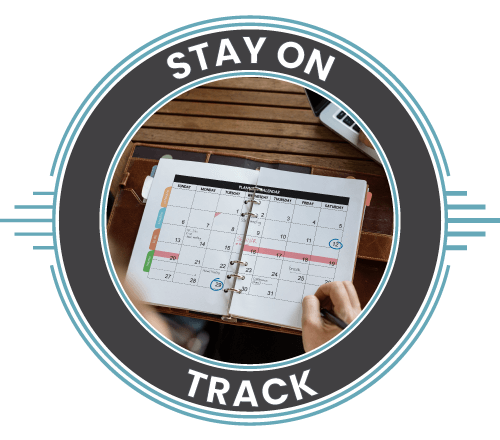 After your sales contract is signed, maintain open communication with the title company or law office, your real estate agent, and everyone else involved. Make sure your real estate agent remains in contact with the buyer’s agent and lender regularly.
After your sales contract is signed, maintain open communication with the title company or law office, your real estate agent, and everyone else involved. Make sure your real estate agent remains in contact with the buyer’s agent and lender regularly.
While most Realtors are diligent about this, some may not be. A successful closing demands teamwork, so don’t assume everything is going smoothly. Stay proactive. Make sure the title company is up to date on your real estate taxes.
Clarify to everyone that you are eager for updates and will follow up with them regularly. Too often, agents assume the mortgage lender is managing everything, only to find out just before closing that the deal needs an extension or has completely fallen through. You can significantly reduce the risk of last-minute surprises by checking in frequently and holding everyone accountable.
As you near the end of the transaction, it's time to organize your moving process. Coordinate the logistics and timing for vacating the property either before or after the sale. Decide if you need to hire movers and determine when you want to be completely out of the home. Ensure that your entire family is aligned with the schedule.
CLOSE THE DEAL!
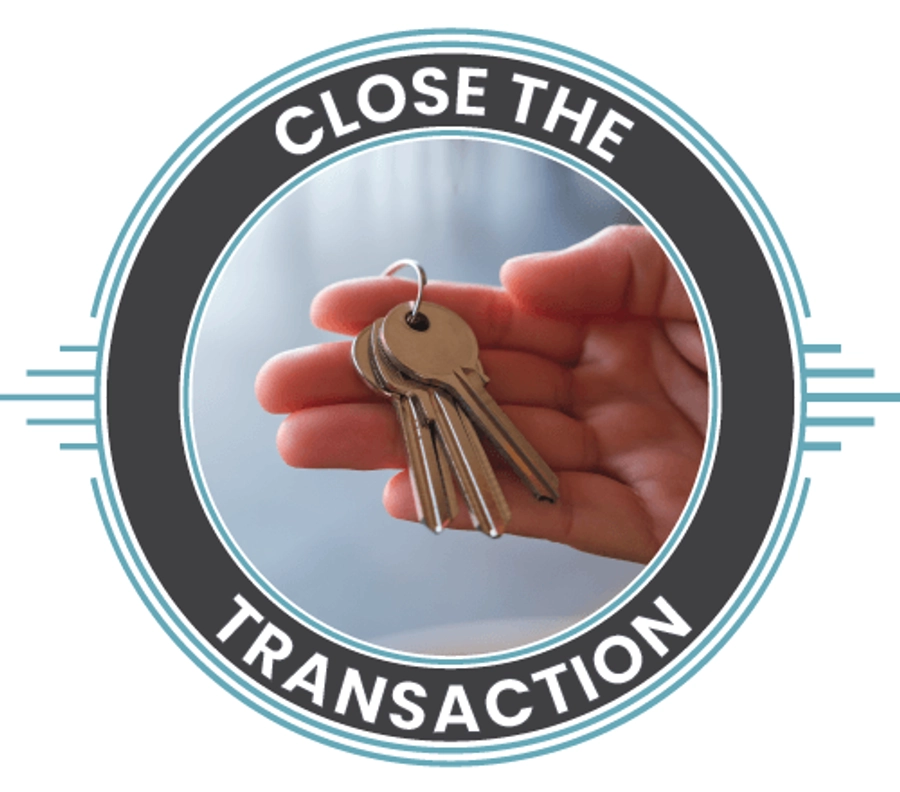 Once the lender provides a "clear-to-close," schedule the closing appointment with the title company or real estate attorney. Aim for a morning closing to ensure you receive your funds the same day. This allows sufficient time for the wire transfer to reach your bank for direct deposit. This is particularly important for those on the West Coast, as the wire cut-off time is 6:00 PM Eastern Time.
Once the lender provides a "clear-to-close," schedule the closing appointment with the title company or real estate attorney. Aim for a morning closing to ensure you receive your funds the same day. This allows sufficient time for the wire transfer to reach your bank for direct deposit. This is particularly important for those on the West Coast, as the wire cut-off time is 6:00 PM Eastern Time.
Keep in mind that Fridays are the busiest days at title companies, as many buyers like to close before the weekend. Scheduling between Monday and Thursday can help minimize the risk of delays.
Make sure to bring a valid photo ID, such as a driver’s license or passport, to the closing. Also, collect all keys, garage door openers, appliance manuals (if applicable), repair receipts, and any other relevant items for the new owners. As the seller, your paperwork will be minimal, and the process should only take a few minutes.
After the buyers sign their documents, the title company will forward them to the lender. If everything is in order, the loan will be funded within a few hours, and you will receive your closing funds.
You can have either the title company or real estate attorney issue a check, or have the funds wired directly into your bank account. You'll need to provide wiring instructions to ensure the funds are deposited correctly.
Once the funds are in your possession, take a deep breath—you did it! Now, it’s time to celebrate!
Important Things to Remember When Selling Your Home
What are the costs involved in selling my house?
When selling your home, you'll pay most costs from your sale proceeds, not upfront. The biggest expense is typically the real estate agent commission (4.5-6% of sale price). You'll also pay title company or attorney fees, which vary by location.
All these costs are deducted at closing, and you receive the remaining balance afterward. No money comes out of your pocket beforehand.
You may avoid taxes on your profit if the home was your primary residence for at least two of the last five years. Individuals can keep up to $250,000 tax-free, while married couples filing jointly can keep up to $500,000. Any profit above these limits is taxed as a capital gain.
How do I find the right real estate agent to sell my home?
Before listing your home, it’s important to understand your motivation for selling. Are you relocating for work, downsizing, or seeking a larger home? Clearly defining your goals will enable you to make better decisions throughout the process.
Choosing the right real estate agent is one of the most crucial steps in selling your home. I recommend interviewing at least three Realtors to find one who aligns with your personality and communication style. A skilled agent will assist you in determining the best time to sell, analyzing local market trends, and creating a pricing strategy that attracts serious buyers.
Should I consider selling my house without a Realtor?
Some homeowners consider selling their house on their own, known as For Sale By Owner (FSBO). While this may seem like a way to save money, the reality is that FSBO homes rarely sell successfully. In fact, only about 6% of homes sold in 2024 were FSBO transactions. A professional Realtor brings marketing expertise, negotiation skills, and market insights that can help you sell your house faster and for a better price.
What are the hardest months to sell a home?
December and January are usually considered the toughest months to sell a home, with November and August also presenting notable challenges. Winter sales struggle due to harsh weather, holiday distractions, shorter daylight hours, and families' hesitance to move during the school year, leading to fewer transactions and longer days on the market. August can be unexpectedly challenging as families prioritize vacations and back-to-school preparations over house hunting.
Regional climate significantly influences these trends. Winter challenges are heightened in snowbelt regions, while extremely hot areas may find summer months more difficult. While selling during these times isn't impossible, sellers should adjust their expectations and pricing strategies accordingly, preferably with advice from a local real estate professional who understands seasonal patterns.
Overcoming Common Selling Challenges
Overcoming common challenges when selling your home requires careful planning and the right guidance. One of the biggest advantages of working with an experienced Realtor is their ability to identify potential roadblocks before they become major issues. They will assist you in addressing necessary repairs, setting a competitive price, and enhancing your home’s presentation to attract buyers. By tackling these challenges early, you can avoid unnecessary delays and make the selling process much smoother.
Beyond negotiating the price, a skilled Realtor also helps you evaluate the entire offer. Understanding contingencies, the buyer’s mortgage pre-approval strength, and other contract details is essential before accepting an offer. Consider buyer qualifications, contingencies, and closing timelines when assessing offers.
These factors can significantly influence the likelihood of a successful closing. Your Realtor will guide you through every detail, ensuring you make informed decisions that protect your interests and lead to a smooth home sale.
.png)



.png)
.png)

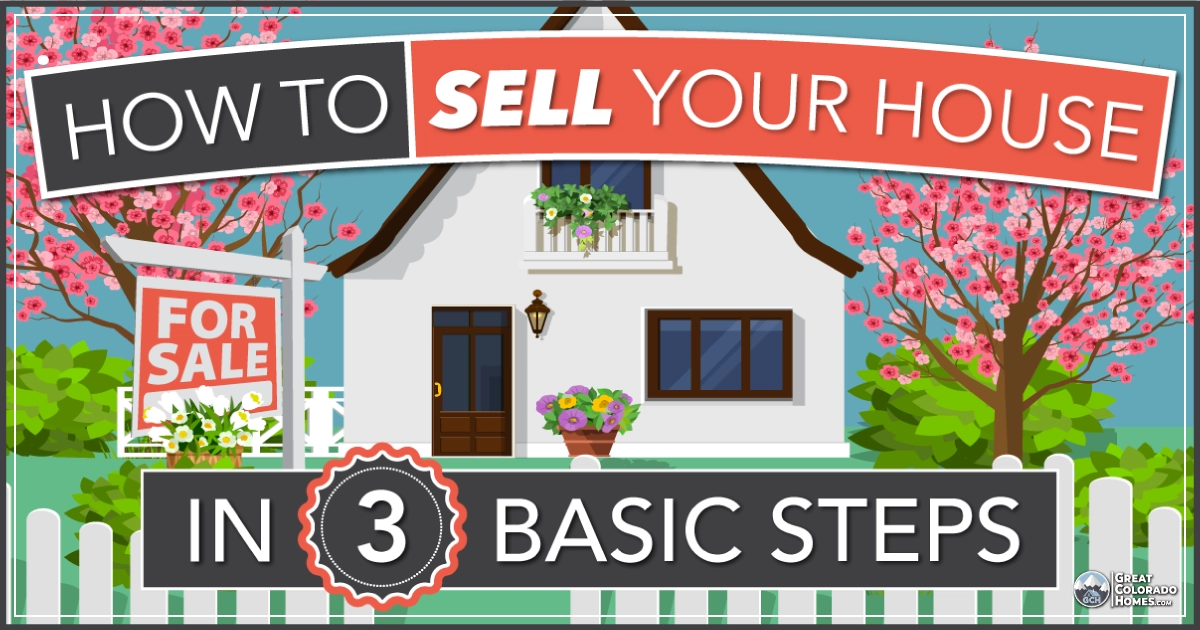






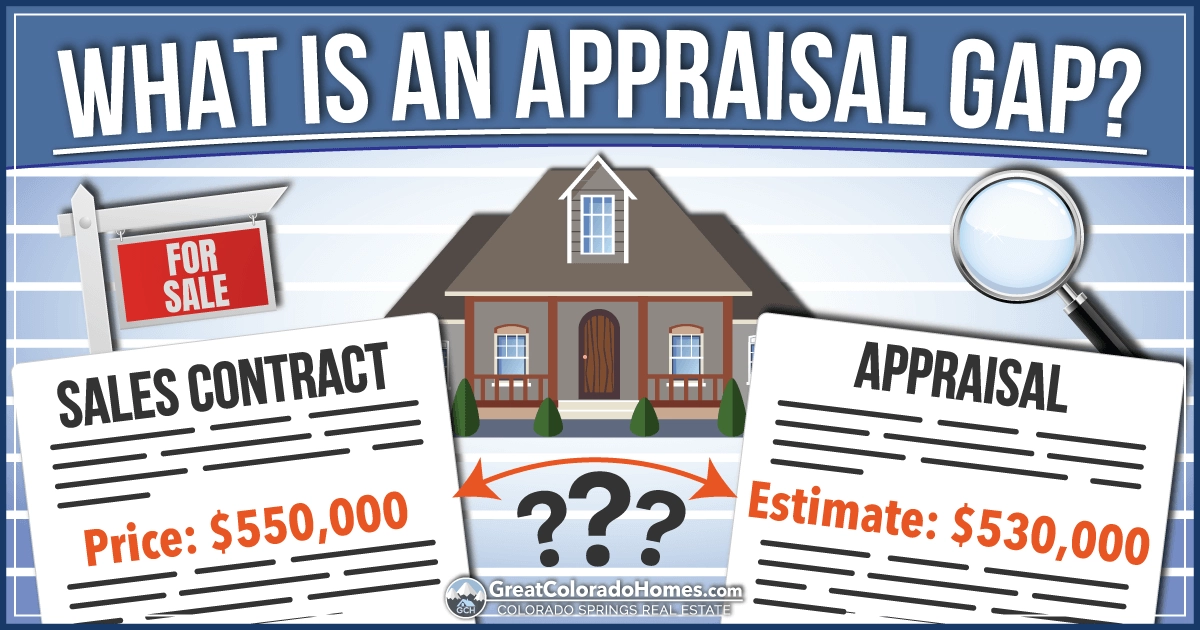


.png)

